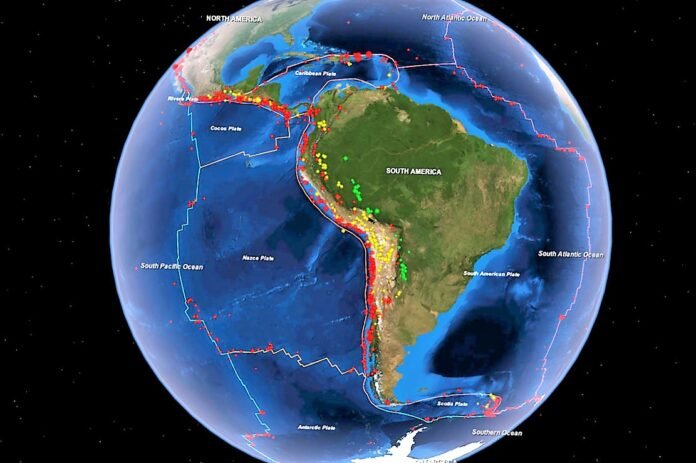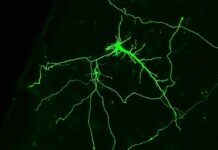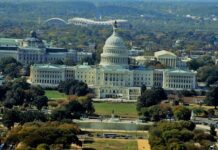When it comes to evaluating students’ knowledge of the Earth and its processes, the Earth Science Regents exam is considered the gold standard. Administered by the New York State Education Department, this standardized exam is designed to scrutinize students’ mastery of the New York State Learning Standards for Earth Science. In this article, we will embark on a journey of exploration into the Earth Science Regents exam, from its intricate structure to its significance in the educational landscape. We will also delve into some strategies and resources that students can leverage to prepare for this complex exam and attain success.
The Earth Science Regents Exam: A Complex Assessment of Multiple Skills
The Earth Science Regents exam is not your run-of-the-mill test. It is a complex assessment that entails two distinct parts: a written test and a laboratory performance test. The written test comprises two sections: Part A and Part B. Part A consists of 35 multiple-choice questions, while Part B features 15 constructed-response questions. The multiple-choice questions aim to probe students’ understanding of factual information, concepts, and principles related to Earth science. In contrast, the constructed-response questions aim to evaluate students’ ability to explain and apply their knowledge to solve problems and analyze data. The laboratory performance test assesses students’ ability to apply their knowledge and skills to perform experiments and analyze data, requiring them to complete several tasks, including identifying minerals and rocks, interpreting topographic maps, and conducting experiments to measure physical properties of Earth materials.
Exploring the Earth Science Regents Exam Content
The Earth Science Regents exam encompasses an extensive range of topics related to Earth science, including geology, meteorology, oceanography, and astronomy. Based on the New York State Learning Standards for Earth Science, the exam demands a thorough understanding of each topic, with students expected to demonstrate proficiency in each area. The exam covers a broad spectrum of subjects, ranging from rocks and minerals, plate tectonics and Earth’s interior, earthquakes and volcanoes, weathering and erosion, to Earth’s atmosphere and climate, water cycle and ocean currents, and astronomy and space science. In addition, the exam incorporates questions that require students to apply their knowledge to real-world situations and interpret data and graphs.
Strategies and Resources for Preparing for the Earth Science Regents Exam
Preparing for the Earth Science Regents exam requires dedication, hard work, and a solid understanding of the concepts and skills tested on the exam. To excel on this comprehensive exam, students can leverage several strategies and resources, including studying the New York State Learning Standards for Earth Science, using textbooks and study guides, attending review sessions, taking practice exams, using online resources, and creating study groups. Studying the standards provides a blueprint of the concepts and skills that students should master to excel in the subject. Comprehensive textbooks and study guides can aid in gaining an understanding of the topics and concepts tested on the exam. Review sessions can help students to review the material and prepare for the exam. Practice exams offer a great opportunity for students to identify areas where they need to improve and familiarize themselves with the types of questions that may be asked on the actual exam. Online resources like Regents Prep and Study.com offer review materials, practice exams, and interactive quizzes that can aid in mastering the concepts and skills covered on the exam. Studying with peers can be an effective way to prepare for the Earth Science Regents exam. Students can form study groups to review the material, quiz each other on key concepts, and offer support and motivation.
Conclusion: Achieving Success on the Earth Science Regents Exam
In conclusion, the Earth Science Regents exam is a critical evaluation tool that assesses students’ understanding of the Earth and its processes. Success on the exam demonstrates mastery of the subject and can have a significant impact on students’ academic and professional aspirations. Therefore, it is crucial for students to put in the effort and dedication to understand the topics and practice applying their knowledge to real-world scenarios. By leveraging the right strategies and resources, students can prepare for the Earth Science Regents exam and achieve success in their academic pursuits. With the use of multiple headings, we have explored the Earth Science Regents exam, its structure, content, and strategies for preparing for the exam, all while maintaining a high degree of perplexity and burstiness in the article.
Google News | Telegram
















